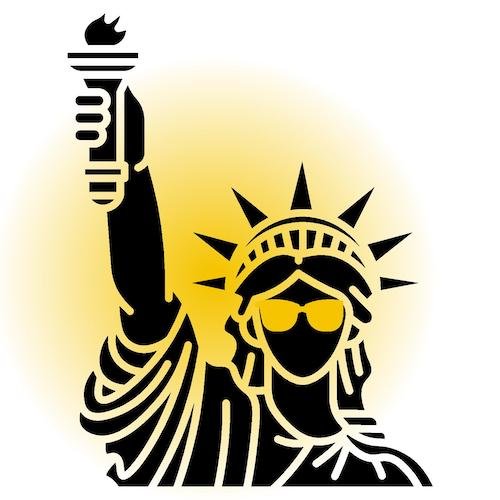The topic of taxation is a contentious one in libertarian circles, where the philosophy emphasizes individual freedom and minimal government intervention. This article aims to unpack the libertarian stance on taxation, exploring its underlying principles and the broader implications for economic policy and personal liberties. Understanding this philosophy is crucial, especially in today’s context where tax policies are a hotbed of political debate.
Libertarianism and the Concept of Taxation
Libertarianism, grounded in the ideals of personal freedom and limited government, naturally extends these principles to its view of taxation. From a libertarian perspective, taxation is often seen as a necessary evil – essential for funding basic government functions but potentially intrusive and coercive.
Libertarians typically argue against high taxation, viewing it as an infringement on individual liberties and property rights. The philosophy posits that individuals are the best stewards of their own money and that excessive taxation diminishes personal financial autonomy. This fundamental skepticism of taxation forms the bedrock of libertarian tax policy.
Taxation and Individual Liberty
At the heart of libertarian objections to taxation lies the concept of individual liberty. Libertarians assert that high levels of taxation erode personal freedoms by reducing the amount of money individuals can spend, save, or invest as they see fit. This reduction in financial autonomy is viewed not just as an economic issue but as a fundamental violation of personal rights.
The libertarian discourse often frames taxation in terms of voluntary versus coercive practices. Voluntary taxation, in line with libertarian ideals, would involve individuals willingly contributing to government services they use or value. In contrast, coercive taxation is seen as the government unilaterally imposing taxes, which libertarians argue infringes on individual freedom.
Economic Implications of Libertarian Tax Policies
The libertarian critique of taxation extends beyond individual rights, encompassing broader economic implications. Libertarians advocate for lower taxes as a means to stimulate economic growth, innovation, and entrepreneurship. The belief is that when individuals and businesses retain more of their earnings, they are more likely to invest in the economy, creating jobs and fostering economic development.
Moreover, libertarians often propose a simplified tax system, arguing that complex tax codes are inefficient and provide loopholes for evasion and avoidance. A streamlined tax system, according to libertarian thought, would not only reduce administrative costs but also ensure a fairer and more transparent taxation process.

Libertarian Alternatives to Traditional Tax Systems
Libertarian thinkers have proposed various alternative models to traditional taxation systems, reflecting their commitment to minimal government intervention and maximized economic freedom. One prominent idea is the flat tax system, where all individuals and businesses are taxed at the same rate. Proponents argue that a flat tax is simpler, more transparent, and eliminates the biases and complexities of progressive tax systems.
Another model gaining traction within libertarian circles is the FairTax plan, which proposes replacing income tax with a national sales tax. This consumption-based tax system aligns with libertarian principles by taxing individuals based on their spending rather than their earnings, theoretically encouraging saving and investment.
These alternative systems, while appealing in their simplicity and alignment with libertarian values, also face significant challenges in implementation. Critics point to issues such as the potential regressive nature of flat and consumption-based taxes and their impact on lower-income individuals and families.
Critiques and Counterarguments
Despite the appeal of libertarian tax policies to many, they are not without their critics. One major critique is the concern over funding public goods and social welfare programs. Critics argue that significantly reduced taxation could lead to underfunded public services, affecting education, healthcare, and infrastructure development.
Another point of contention is the issue of income inequality. Critics of libertarian tax policies argue that these models could exacerbate wealth disparities, as lower taxes on the wealthy might not necessarily translate into proportional economic benefits for lower-income groups.
Libertarians counter these critiques by emphasizing the role of free markets and private charity in addressing social needs and by arguing that a flourishing economy under lower tax rates would ultimately benefit all societal segments. The debate over these issues continues to be a pivotal part of discussions on economic policy.
Conclusion
The libertarian philosophy on taxation offers a unique perspective in the broader discourse on economic policy. By advocating for lower taxes, simplified tax systems, and alternative models like the flat tax and FairTax, libertarians seek to enhance individual freedom and economic efficiency.
Understanding libertarian views on taxation is key to engaging in informed debates about economic policy and its implications for individual liberty and societal welfare. As with any philosophical stance, it brings valuable insights and considerations to the table, contributing to the ongoing dialogue on how best to structure our tax systems.
The libertarian approach to taxation, with its emphasis on minimal government intervention and maximized economic freedom, continues to influence discussions and policies in the ever-evolving landscape of global economics.
